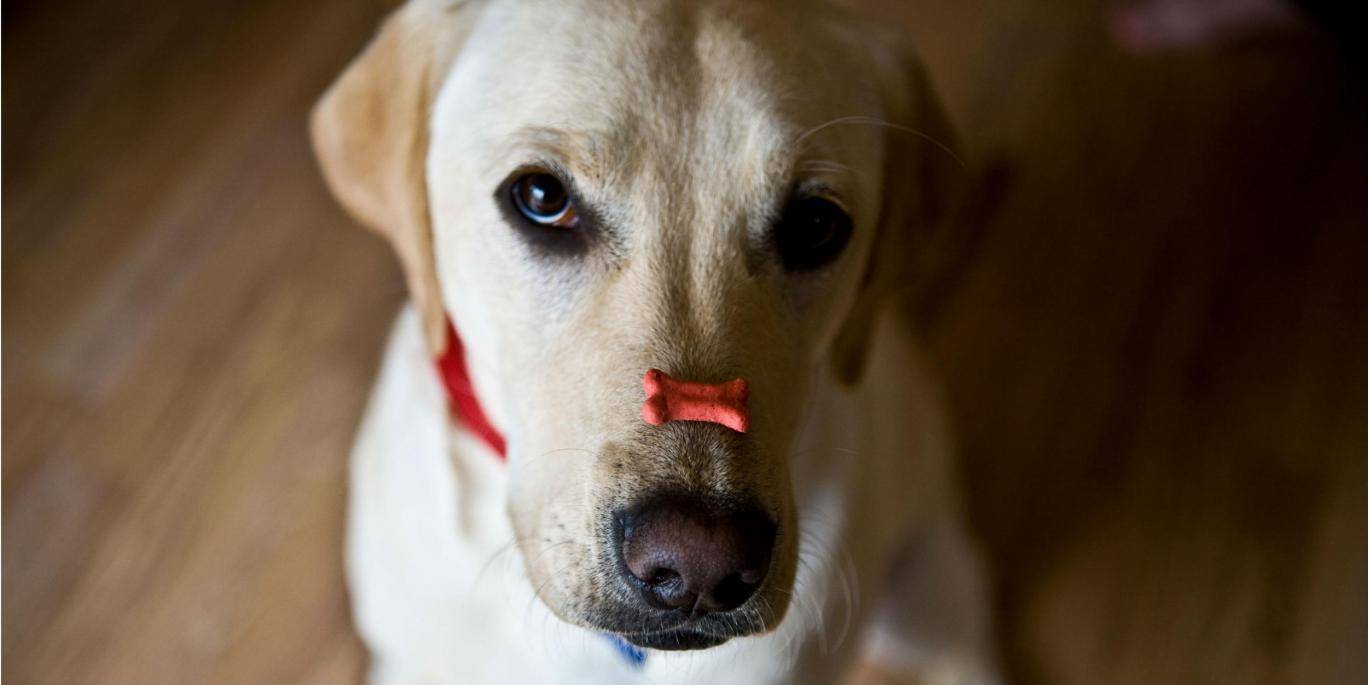A new study has found that dogs can, in fact, lie.
Researchers from Switzerland looked at canines and their ability to deceive humans to get what they want.
They trained 27 dogs of varying ages to differentiate between a “cooperative” woman who allowed them to have their favourite treat, and a “competitive” woman, who did not.
In order to distinguish this, dogs were taught how to lead the two people to three boxes: one contained sausages, their favourite treat, second contained dog biscuits, and the third was empty.
Dogs were asked to “show me the food”. They would lead their partner to one of the three boxes.
The cooperative partner rewarded dogs with whatever was inside, but the competitive partner kept the treats if they picked a box with treats inside.
What does this have to do with lying?
Dogs were less likely to lead the competitive partner to their favourite food because they knew the partner would keep it. So, when they were asked to ‘show’ the partner the food, they didn’t lead them to the sausages.
Two dogs, Arwen and Nelson, always took the cooperative person to the sausages, but never the competitive one.
The study, which was published in Animal Cognition, wrote:
On both test days, the dogs were more likely to lead the cooperative partner than the competitive one to the box containing the preferred food, and this effect was stronger on the second than on the first test day.
Source: indy100
Ask me anything
Explore related questions





